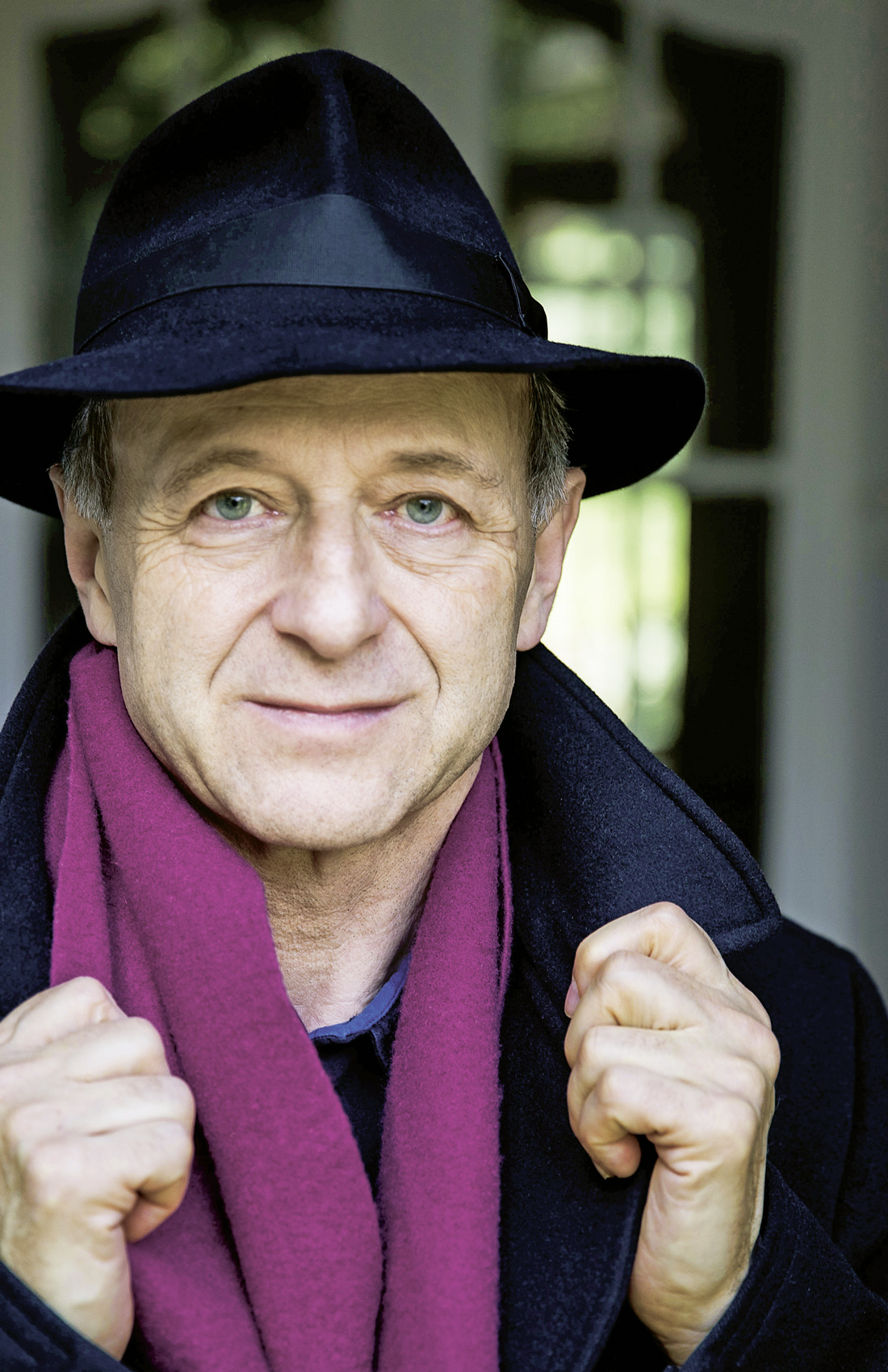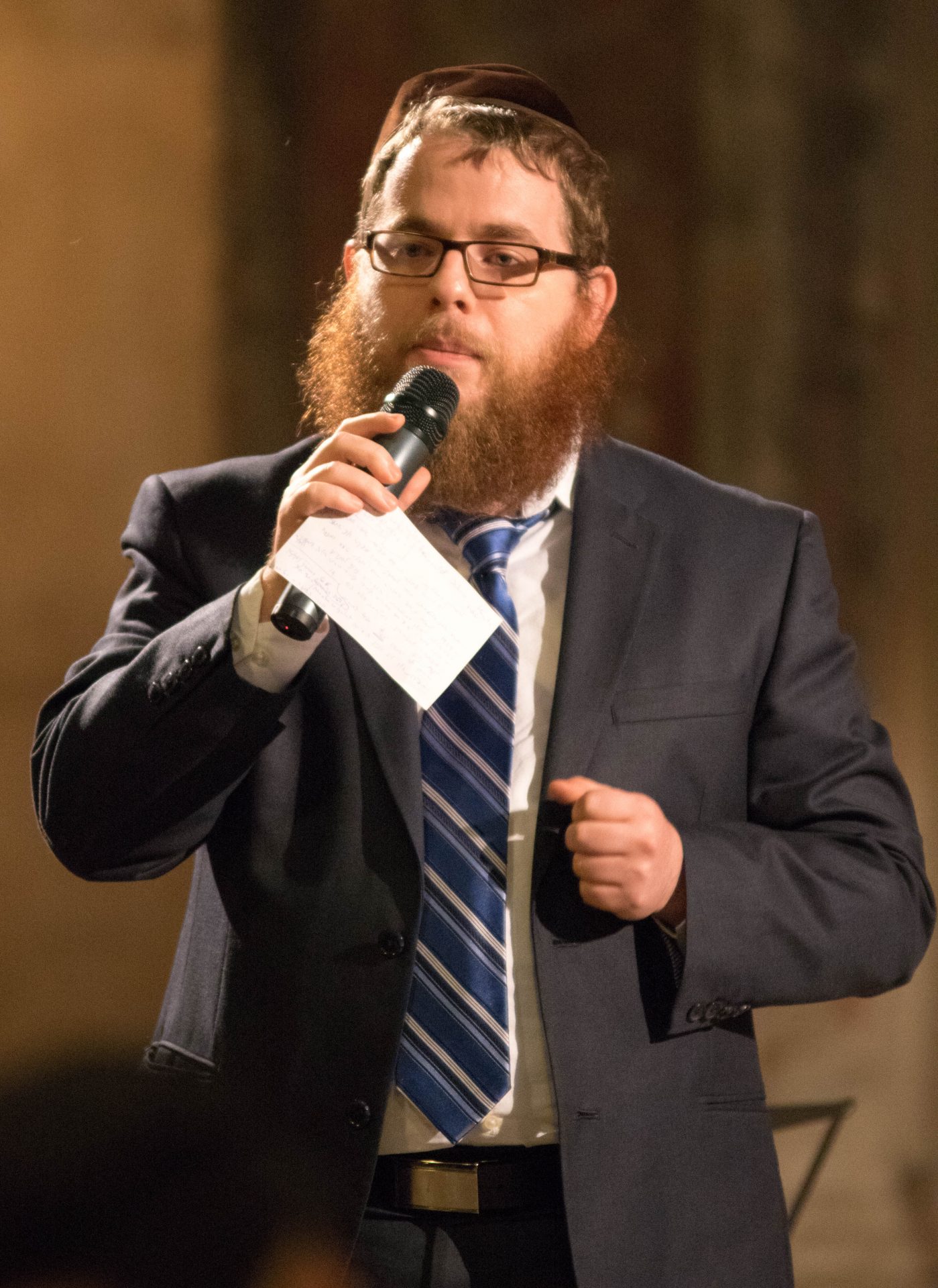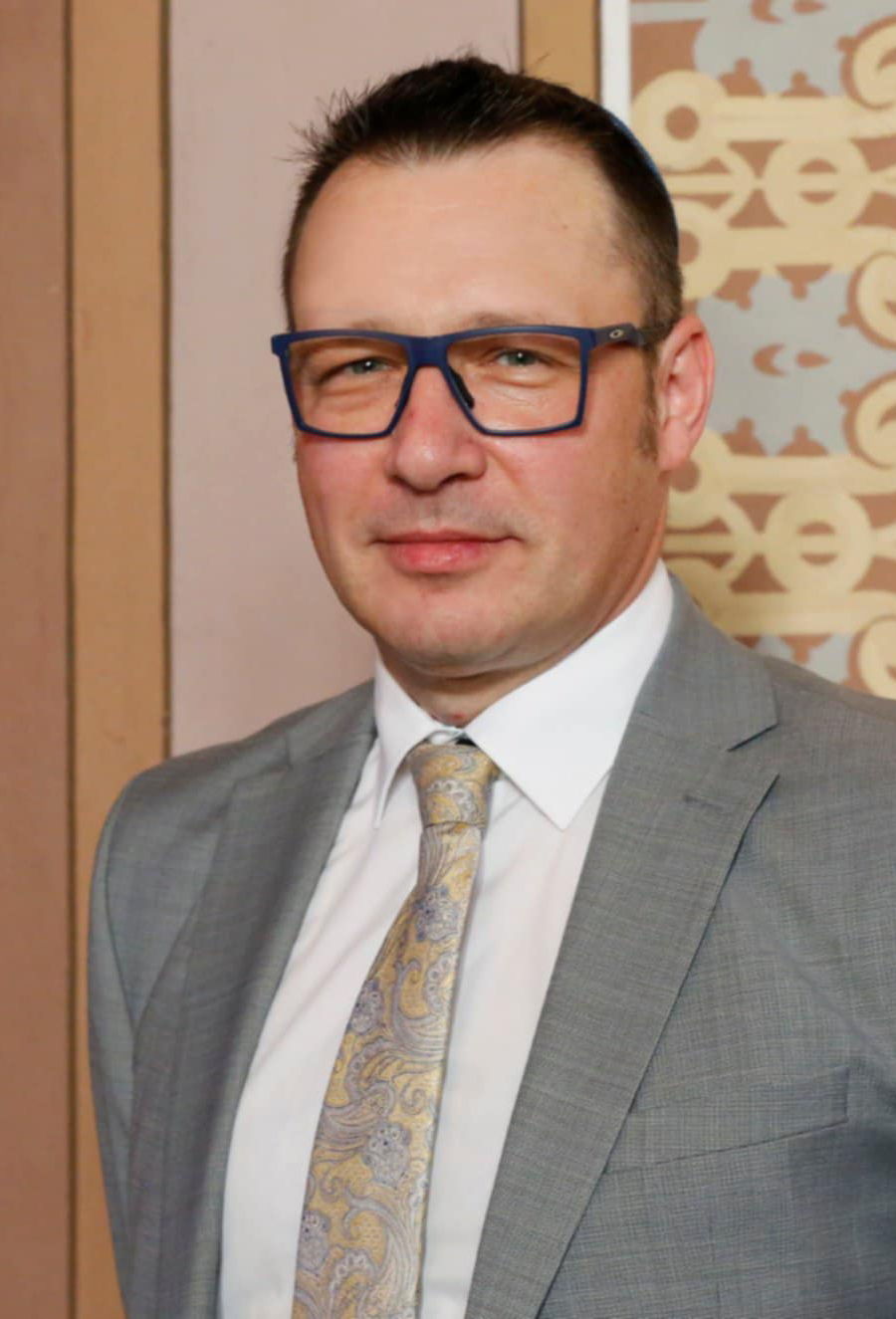Greetings
Iván Fischer
The Budapest Festival Orchestra is visiting towns and cities where abandoned synagogues stand between the houses. People once prayed amongst their walls, but today the deserted buildings usually serve a di erent function. Some are storehouses, some exhibition halls, a few have been beautifully restored but others are run-down. In the hundreds of Hungarian synagogues in the country there are only occasional services performed here and there, after the extermination of the vast majority of the Jewish population in 1944.
But Christian and Jewish people used to live side-by-side in peace. Their children played together, attended the same schools. Neighbours greeted each other, they would chat together, they knew one another as they were part of one community. Today the memory of the Jewish citizens is preserved only in the cemeteries and the still-standing synagogues.
Let us become acquainted with the memory and everyday goings-on of our one-time neighbours. Let music bring peace, understanding, tolerance and respect into our hearts.
Iván Fischer
Music Director, Budapest Festival Orchestra
Slomó Köves
“Rhythm creates unity…”
It is not only the still vibrant Jewish religious and cultural life in Budapest that recalls the long history of the Hungarian Jews, but also the neglected Jewish architectural heritage in a number of towns across Hungary. We will visit three of the dozens of abandoned synagogues of particular architectural worth. These three synagogues, which serve as a memory of the destroyed communities, were used for other, profane purposes. Their fate is also symbolic of Hungary’s sad history during the 70 years following the Holocaust. Then, almost all of the rural Jewish communities were exterminated, and life has not since returned to the synagogues of the towns and villages in the country. May at least music sound in them, a 30-minute concert, offered as a gift to locals. Let Jews and non-Jews attend, let them bring memories they are willing to share, let them recollect how Jews and Christians used to live together when these silent halls were still filled with life. Talks after the concerts concern not only the Holocaust as a sum of facts, but the losses as well. Because a lack of understanding, ignorance, will lead to new catastrophes.
And if we want to prevent them, we need more than talk. We also need music. As Yehudi Menuhin put it: “Music creates order out of chaos: for rhythm imposes unanimity upon the divergent,… and harmony imposes compatibility upon the incongruous.”
The venues, the synagogues serve visibility, and bring closer what is mysterious, or frighteningly unfamiliar, helping to dispel ignorance, prejudices and misunderstanding.
Slomó Köves
Chief Rabbi of the Unified Hungarian Jewish Congregation (UHJC)
Ákos Kurucz
I have been working with the band for several years on concerts held in synagogues. I have traveled all over the country with them, and everywhere I go, I find that many people are open to Jewish culture and the culture of the Jewish people. After concerts, there are always a few people who talk to me, asking questions about the Jewish religion, or telling me about local Jewish memories or their own experiences. We visit places where communities of different religions lived together in peace. They cooperated in many areas and enriched each other’s lives.
Jewish music is also performed at every concert. Just as a cacophony of interactions can be heard in music, the same could be felt in many areas of life. Jewish communities lived as part of the majority society, becoming increasingly integrated and assimilated over time. Not only did they live in the same place, but they were also in touch, learning from each other and shaping each other, experiencing countless intercultural influences.
The rural communities of Hungary have disappeared, but their descendants continue to live in other parts of the world. They took this jointly developed cultural treasure, rooted in Hungary, to other continents. At concerts, I always feel a little bit like I’m traveling through time, because the music takes me back to a time when these memories were part of everyday reality.
Ákos Kurucz
Rabbi of the Jewish Community of Pécs


